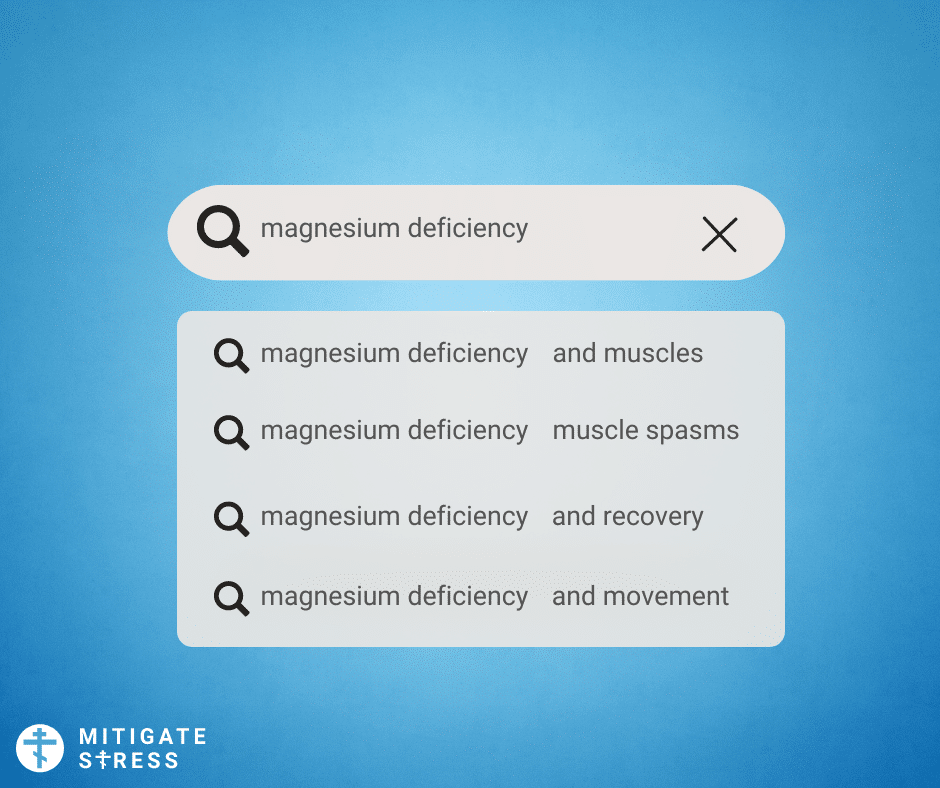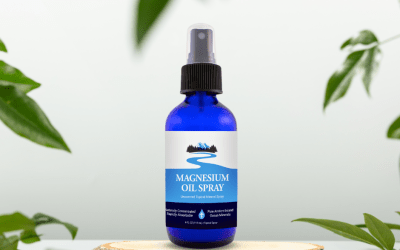Magnesium, a vital mineral found in the human body, plays a crucial role in several physiological functions. Among these, its impact on muscle health and movement is worth highlighting. From aiding muscle contraction and relaxation to influencing energy metabolism, magnesium’s importance cannot be overstated.
The Power of Magnesium in Muscle Performance
Magnesium influences muscle performance by participating in energy metabolism and maintenance of muscle contraction and relaxation1. This is because the mineral is necessary for proper muscle function. In fact, research suggests that even a marginal deficiency in magnesium can impact exercise performance and amplify oxidative stress2.
Studies also indicate that magnesium might improve exercise performance by enhancing glucose availability in the brain, muscle, and blood3. Furthermore, adequate magnesium levels can even improve exercise performance, generally showing up via increased strength and endurance4.
Magnesium and Muscle Recovery
Magnesium isn’t just essential during physical activity; it also plays a significant part in recovery. It helps sustain muscle movement and deliver oxygen to the working muscles5, thus facilitating quicker recovery post-exercise.
Moreover, magnesium supplementation has been associated with fewer muscle cramps, as indicated by a case study6. This could potentially be a game-changer for athletes or individuals who frequently experience muscle cramps.
Magnesium Deficiency: A Silent Threat
Despite its importance, magnesium deficiency is surprisingly common. Symptoms of deficiency are often subtle and non-specific, making it hard to identify. It can lead to muscle weakness and damage, reflected by an increase in circulating muscle damage markers7. If you’re experiencing persistent muscle tension or spasms, it might be worth exploring your magnesium levels.
Boosting Your Magnesium Intake
The good news is that magnesium deficiency can be rectified with dietary changes and supplementation. Foods rich in magnesium include dairy, green leafy vegetables, whole grains, nuts, seeds, and legumes.
For those who find it challenging to meet their magnesium needs through diet alone, our magnesium bicarbonate products can be a great addition. These supplements are designed to boost your magnesium levels effectively, aiding muscle function and promoting overall health.
Additionally, our topical magnesium oil spray offers an alternative method to increase your magnesium intake. It’s easy to use and can be applied directly to the skin, allowing for quick absorption.
Conclusion
Magnesium is undeniably a game-changer when it comes to muscle health and movement. Whether you’re an athlete or someone seeking to improve overall health, ensuring adequate magnesium intake should be high on your priority list. Remember, if you suspect a magnesium deficiency, it’s crucial to consult a healthcare professional for an accurate diagnosis and treatment plan.
Footnotes
- Nutritional Outlook: Magnesium for muscle function and performance
- Thorne: The Role of Magnesium in Exercise Performance
- NCBI: Can Magnesium Enhance Exercise Performance?
- ISSA Online: Magnesium for Muscle Recovery: How It Works & How to Use It
- Neom Organics: Why Magnesium Could Be A Game-Changer For Your Workouts
- LWW Journals: Effects of Magnesium Supplementation on Muscle
- NCBI: Impact of Magnesium Supplementation in Muscle Damage






0 Comments